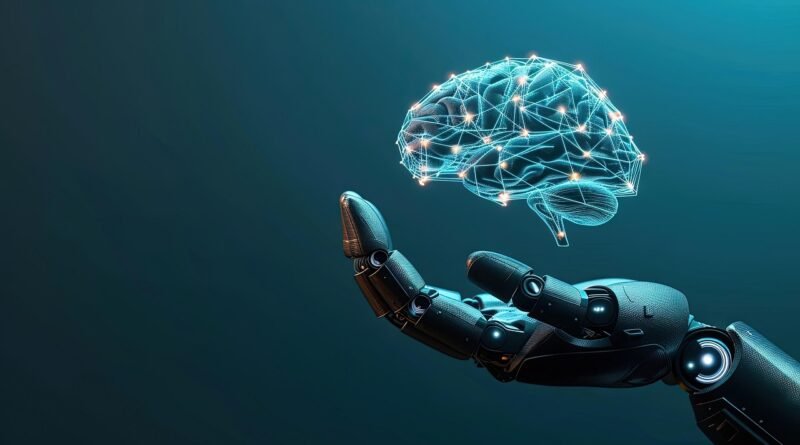AI Everywhere: From Austin’s Robotaxis to Intelligent Factories, The AI Revolution Accelerates
Artificial Intelligence (AI) is no longer a futuristic concept confined to sci-fi films; it’s a tangible force reshaping industries and daily life across the globe. From the ambitious rollout of autonomous vehicles on city streets to the silent, efficient optimization of sprawling factory floors, AI’s omnipresence is a testament to its transformative power.
One of the most viral recent headlines comes from the heart of Texas, where Elon Musk’s Tesla Robotaxi system recently commenced operations in Austin. This pilot program, deploying a fleet of Model Y SUVs with full self-driving (FSD) capabilities, marks a significant leap towards a driverless future. While initial reports from early tests have included a few traffic law deviations – a common hurdle in the nascent stages of such groundbreaking technology – the sheer audacity and potential of a widespread robotaxi service have ignited fervent discussions globally. Imagine a future where urban mobility is redefined, with on-demand, autonomous vehicles reducing congestion and offering a new paradigm for transportation. The Austin launch, though carefully monitored with safety officers onboard and operating within a geofenced area, is a crucial step in Tesla’s vision to revolutionize ride-hailing and usher in an era of truly autonomous transportation.
Beyond the highly visible realm of autonomous vehicles, AI is making profound, albeit less flashy, strides that are equally impactful. Google DeepMind’s “Gemini Robotics On-Device” model is a prime example of this behind-the-scenes revolution. This compact, local version of the powerful vision-language-action (VLA) model is designed to operate entirely on a robot’s onboard GPU, eliminating the need for continuous cloud connectivity. This “on-device” capability translates into several critical advantages: faster response times, enhanced privacy (as data processing occurs locally), and significantly more efficient operations. Imagine robots in homes, hospitals, or manufacturing facilities performing complex, coordinated tasks like folding clothes, assembling components, or aiding in rehabilitation, all without relying on a constant internet connection. Gemini Robotics On-Device demonstrates impressive sample efficiency, requiring only 50 to 100 demonstrations to generalize new skills, making it incredibly practical for real-world deployment across diverse settings. This innovation paves the way for a new generation of intelligent, independent robotic agents.
The impact of AI extends deeply into the enterprise sector, where companies are making substantial investments to leverage its capabilities for enhanced productivity, optimized decision-making, and superior customer experiences. In the realm of healthcare, platforms like Eleos Health are utilizing voice AI to revolutionize therapy. This technology enables behavioral health providers to reduce time spent on administrative tasks, such as documentation, by analyzing therapeutic conversations and automatically generating compliant progress notes. This allows therapists to focus more on client care, leading to improved outcomes and better patient engagement. Eleos Health’s AI also provides real-time insights into sessions, helping clinicians refine their approaches and track patient progress more effectively.
Meanwhile, the manufacturing industry is undergoing a paradigm shift with the incorporation of AI into smart factories. Here, AI is a linchpin for achieving unprecedented levels of efficiency and foresight. Predictive maintenance, powered by AI, analyzes real-time data from sensors embedded in machinery to anticipate equipment failures before they occur. This proactive approach minimizes costly downtime, extends the lifespan of machinery, and ensures seamless production lines. Similarly, AI-driven inventory management in smart factories uses advanced algorithms to forecast demand with remarkable accuracy, optimizing stock levels, reducing waste, and preventing both shortages and overstocking. By integrating AI with IoT sensors and big data analytics, manufacturers gain invaluable insights, enabling them to make data-driven decisions that enhance operational efficiency, reduce costs, and improve overall product quality.
In essence, AI is not merely a tool; it’s an intelligent layer being woven into the fabric of our technological landscape. From the exhilarating race for autonomous mobility to the silent, impactful optimizations within critical industries, AI is undeniably “everywhere,” and its accelerating evolution promises a future brimming with innovative solutions and transformative possibilities. The journey has only just begun.

